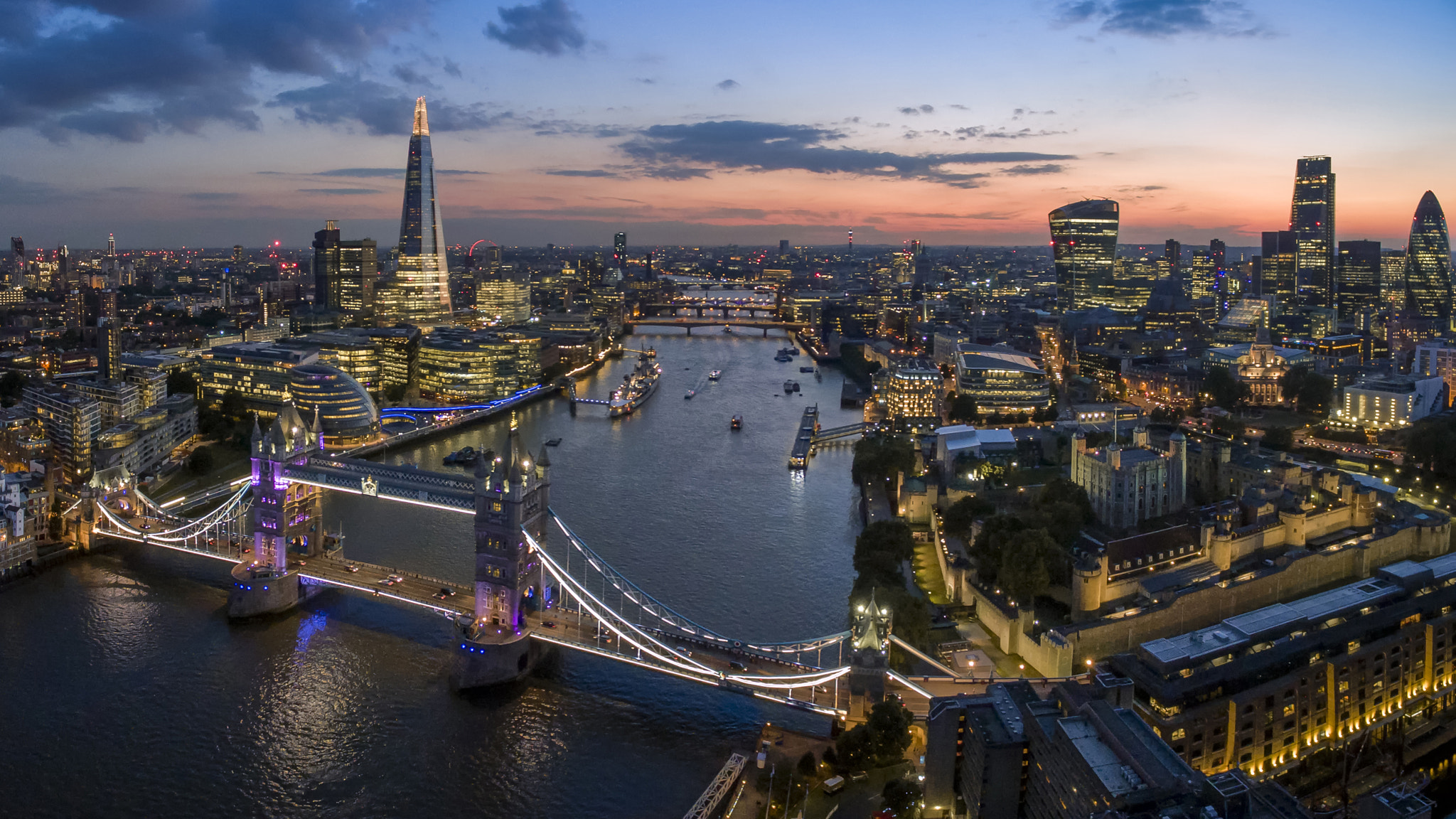A new report realised from the Office for National Statistics (ONS) said that the United Kingdom’s gross domestic product (GDP) expanded by 0.9% between October and November.
The nearly 1% growth was higher than economists expectations and meant the economy was 0.7% larger than in February 2020 when the UK was under significant Covid restrictions.
However, economists are concerned that growth was slowed once again by the spread of the Omicron variant and the introduction of Plan B Covid restrictions.
“The economy grew strongly in the month before Omicron struck, with architects, retailers, couriers and accountants having a bumper month,” said ONS chief economist Grant Fitzner.
“Construction also recovered from several weak months as many raw materials became easier to get hold of.”
Gross Domestic Product is one of the key ways in which economists determine how well or poorly an economy is doing.
It’s a measure that attempts to value all the activity of companies, governments and individuals involved in a nation’s economy.
The measure is used to help businesses judge when to expand their operations and hire more people and allow governments to work out how much to tax and spend.
Increasing GDP means more new jobs are likely to be created, and workers are more likely to get higher pay, while if GDP is falling, the economy is shrinking.
The outbreak of the Covid-19 pandemic caused the most severe recession in over 300 years, forcing businesses to close and causing the government to borrow hundreds of billions to support the economy.
Previously economists had been expecting GDP to expand by only 0.4% in November, so the growth is a positive sign for the UK economy.
However, the emergence of the Omicron variant at the end of November and the introduction of Plan B Covid restriction on the 8th of December most certainly means that GDP will be lower in the next report.
The Omicron Variant has resulted in a significant increase in people testing positive for Covid-19 across the United Kingdom, with 1 in 15 people in England now suspected of having the virus.
Omicron has now also become the dominant strain in the United Kingdom across all four of its nations and its significant infectability has resulted in countrywide labour shortages, which has slowed production chains.
A number of economists also pointed to a bumpy road for growth in the first months of this year.
“We expect growth to slow in 2022 as it will no longer be able to simply rely on the rebound effect to propel it,” said Yael Selfin, chief economist at KPMG UK.
“In addition, rising taxes and borrowing costs, as well as elevated inflation, will squeeze households’ purchasing power, while the lingering effects of supply chain bottlenecks together with a persistent shortage of labour could constrain production this year.”
In reference to the ONS report, Chancellor of the exchequer Rishi Sunak said the stronger growth in GDP was “a testament to the grit and determination of the British people”.
Sources
https://www.ons.gov.uk/economy/grossdomesticproductgdp
Commenting on today’s GDP figures for November, @GrantFitzner said: (1/2)
— Office for National Statistics (ONS) (@ONS) January 14, 2022
https://www.ons.gov.uk/peoplepopulationandcommunity/healthandsocialcare/conditionsanddiseases/bulletins/coronaviruscovid19infectionsurveypilot/12january2022





